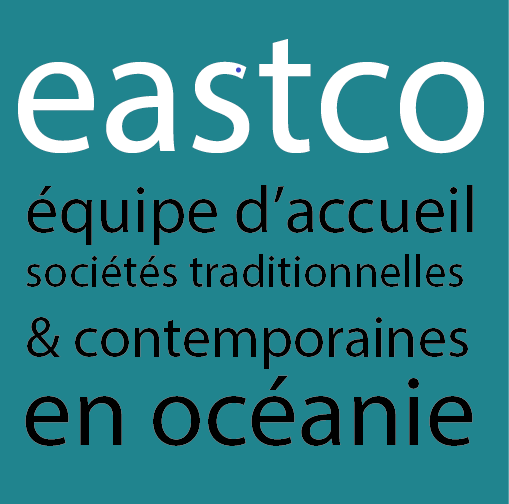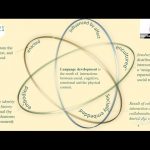Investigating vocabulary use in fluency: exploring potential task, spoken output, and skill influences
Thématique 1 : Enseignement d’une Matière par l’Intégration d’une Langue Étrangère (EMILE)
Date : 29/04/2021
Zoom : Zoom 4
Conférenciers
Jon CLENTON
jclenton@hiroshima-u.ac.jp
The current paper responds to a research gap in exploring potential relationships between multiple aspects of vocabulary knowledge, vocabulary skills, and aspects of fluency. Studies (e.g., De Jong et al., 2013; Uchihara & Saito, 2016) indicate that vocabulary knowledge is important for fluent speech. At the same time, and in terms of vocabulary knowledge, research (Fitzpatrick & Clenton, 2017) highlights the complexity of constructs, but no studies have concurrently investigated vocabulary knowledge alongside other important factors such as speed and automaticity of retrieval (Qian, 2002). The paper attempts to respond to these various research gaps, in investigating potential relationships between vocabulary, skills (e.g., retrieval speed), and aspects of fluency.30 pre-intermediate, adult L1 Japanese users of (L2) English were measured using: a productive vocabulary task (Lex30; Meara & Fitzpatrick, 2000); a receptive task (X_lex; Meara & Milton, 2003); and the same fluency tasks (speaking and lexical retrieval speed) as in De Jong et al (2013). We explored the overlap between the vocabulary and fluency tasks using Dang, Coxhead, and Webb’s (2017) Academic Spoken Word List. Our findings show that vocabulary knowledge tasks are moderately predictive of some aspects of fluency. We report four additional tentative findings. The study is the first of its kind to relate specific vocabulary skills to fluency at a specific level of L2 proficiency. We discuss such findings in terms of their implications for second language acquisition and testing.






